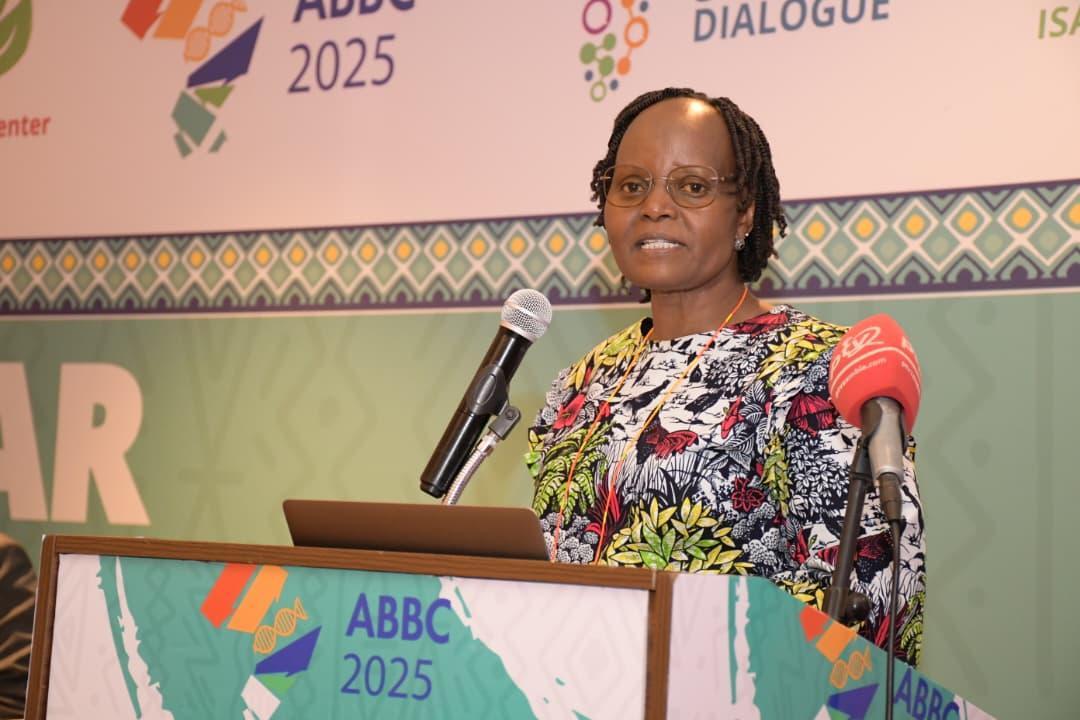Africa-Press – Namibia. The World Economic Forum has ranked mis- and disinformation as a leading global risk and will remain an immediate threat spanning the next two years.
The Forum envisages this may globally fuel instability and undermine trust in governance, complicating the urgent need for cooperation to address shared crises. Africa’s policymakers, scientists, media professionals, regulators, community leaders, private sector and civil society leaders took on the plight to assess their own progress in bioinnovation, examining the impact of policy and regulatory challenges driven by misinformation.
This challenge threatens the continent’s ability to strengthen food systems, improve health and build climate resilience.
The Africa Biennial Biosciences Communication (ABBC2025) symposium, held under the theme ‘The War on Science: How Can We Overcome the Burden of Misinformation and Disinformation?’ from 26 to 28 August 2025, aims to explore strategies to combat these threats in the biosciences sector.
Speaking at the commencement of the event, director of the International Service for the Acquisition of Agri-biotech Applications – Africa Centre, Margaret Karembu, highlighted that these information disorders challenge and delay Africa’s progress in leveraging innovative biosciences to strengthen One Health approaches, enhance food systems and improve socio-economic outcomes.
She noted that the forum provides an Africa-based and African-led platform for stakeholders to actively exchange experiences and address pressing communication issues key to propelling biosciences’ innovations in the continent and globally.
“An improved bioscience communications framework is a precursor to an enabling environment, guided by workable biosafety regulatory systems,” she said.
In Namibia, the case that was overshadowed by misinformation, as pointed out by University of Namibia associate dean of the faculty of agriculture, engineering and natural sciences, Simon Angombe, is the culling of the wild animals last year by the Ministry of Environment, Forestry and Tourism.
In August 2024, the ministry approved the culling of 723 wild animals to ease drought-related ecological pressure and provide food aid.
“The decision was scientifically justified and supported by conservation experts. International media misrepresented it, leading to public backlash and tourism boycotts,” the professor said.
He added that misinformation has undermined public trust in Namibia’s conservation science, disrupted funding for tourism-linked research projects, strained international collaboration and mischaracterised the country’s sustainable wildlife utilisation model.
Angombe noted that Namibia must strengthen public communication, increase transparency through open data, promote media literacy among journalists and expand conservation education.
He added: “These steps are vital to protecting the integrity of Namibia’s biosciences sector and ensuring its continued role in biodiversity conservation and community development”.
For More News And Analysis About Namibia Follow Africa-Press






